UAE’s Non-Financial firms urged to register on UN-backed Anti-Money Laundering Platform
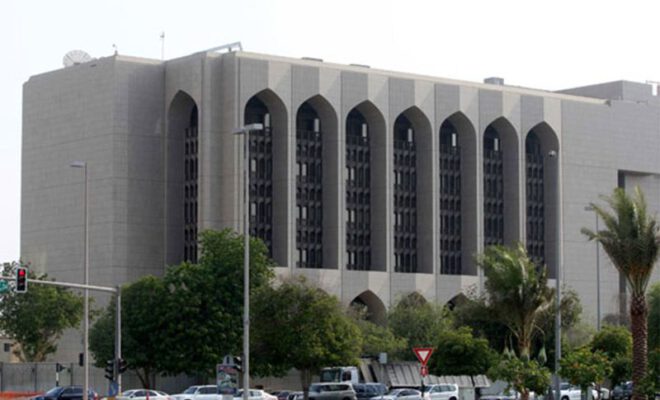
Ministry of Economy extends the grace period for compliance until March 31, 2021.
The UAE’s Ministry of Economy reiterated the need for non-financial businesses in the UAE to register on GoAML, an Anti-Money Laundering platform developed by the United Nations. This includes brokers and real estate agents, dealers of precious metals and precious stones, auditors and corporate service providers.
The businesses also need to register in the automatic reporting system for sanctions lists under the Committee for Commodities Subject to Import and Export Control. These steps are aimed at combating money laundering crimes and financing of terrorism and illegal organizations, the ministry said.
Businesses can register for free on both systems by visiting the Ministry of Economy’s official website. The grace period for the targeted establishments to register has been extended until March 31, 2021, it added.
The goAML system is an integrated digital platform through which financial institutions and designated non-financial businesses and professions can submit suspicious transaction reports and suspicious activity reports. The system is currently used by several financial information units globally and the UAE is the first Gulf country to implement it.
The automatic reporting system for sanctions lists of the Committee for Commodities Subject to Import and Export Control sends notifications via e-mail when a person is included or removed from the local list of targeted financial sanctions and the UN Security Council list.
The targeted establishments are required to take three crucial steps to protect their businesses from money laundering risks, the ministry said. These include registering in the goAML system and the automatic reporting system for sanctions lists of the Committee for Commodities Subject to Import and Export Control; appointing a compliance officer who will be responsible for registering and following up on the two systems; and exercising due diligence on clients by verifying their identity, the statement added.
The ministry will organize field inspections in the coming weeks to monitor businesses’ compliance, it said.
“We are keen to educate the target sectors of their responsibility and pivotal role in supporting the country’s efforts to combat money laundering, and the importance of implementing the law’s requirements to avoid penalties,” Safeya Al Safi, director of the anti-money laundering department at the Ministry of Economy, said.
“These measures highlight the importance of enhancing awareness on money laundering risks and government supervision to protect investments and businesses in these sectors.”
The UAE has strict laws to deal with money laundering and financial crimes. The Central Bank of the UAE recently imposed a fine of Dh45.7 million on 11 banks for failing to achieve appropriate levels of compliance regarding their anti-money laundering and sanctions-compliance standards. Meanwhile, Abu Dhabi launched a court dedicated to tackle money laundering and tax evasion in November.
Last year, the UAE Central Bank instructed all hawala providers – informal funds transfer service providers for individuals utilizing non-bank methods – to register with the central bank to enhance transparency in financial transactions. The UAE is also co-ordinating in areas such as governance and supervision with countries that share its commitment to fight financial crime, the regulator added.


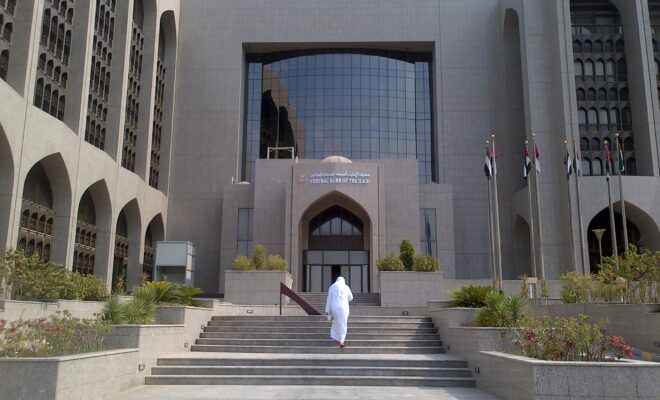
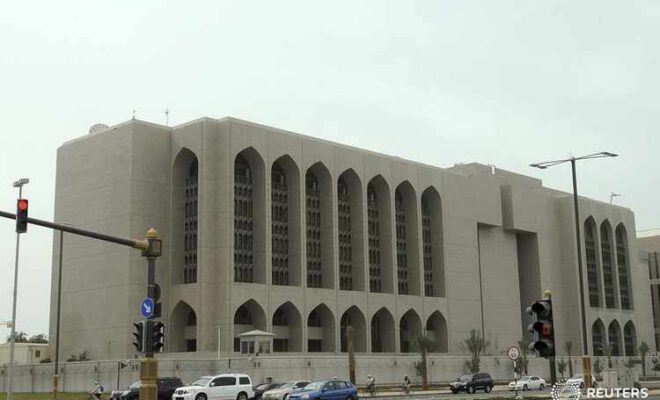
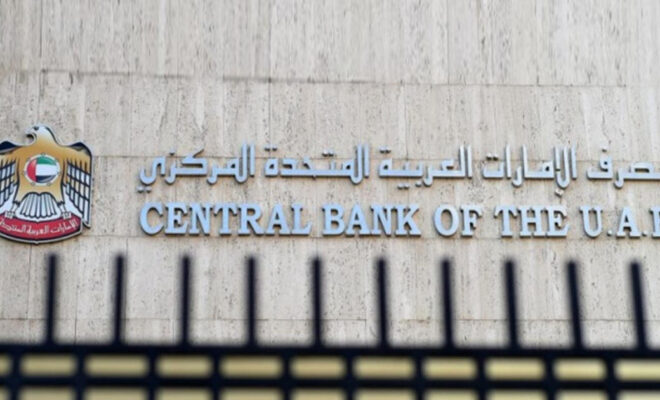


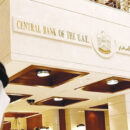




Covid-19 UAE: 10-Day Quarantine Mandatory in Dubai for Close Contacts
Export Shipping Documents Checklist to complete your First Trade